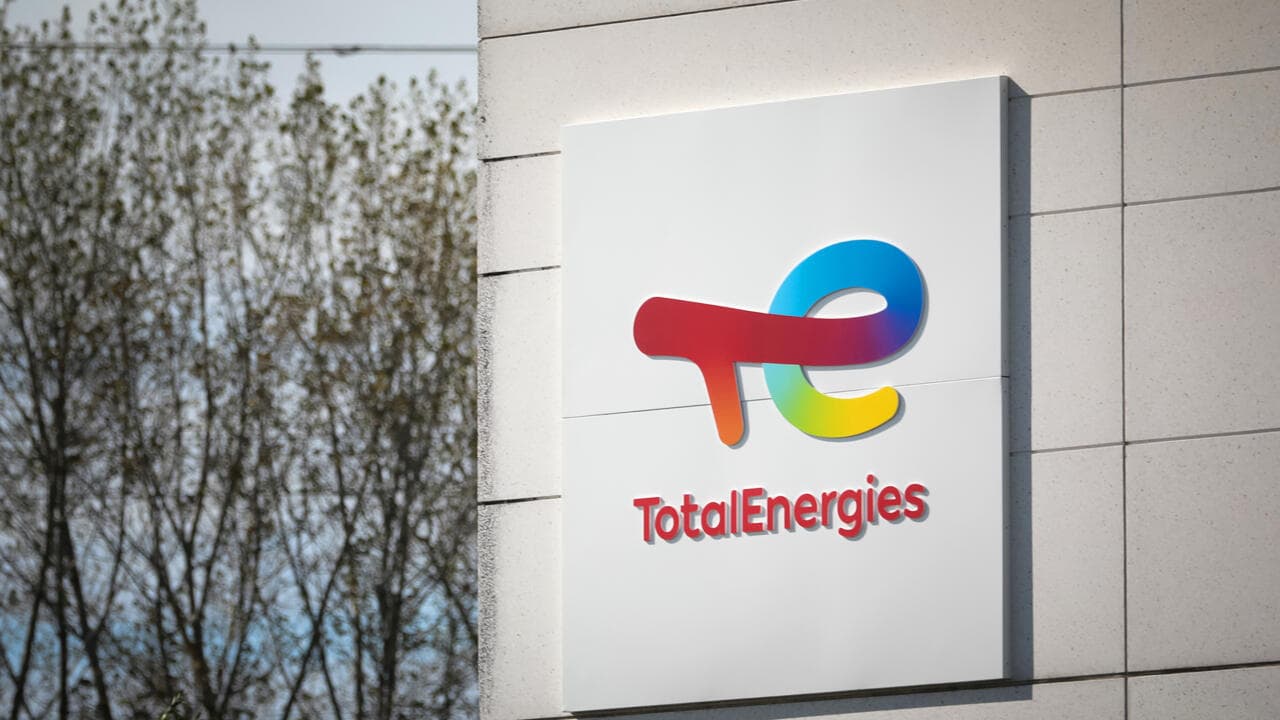We're loading the full news article for you. This includes the article content, images, author information, and related articles.
A criminal complaint filed in France accuses the energy giant, a major fuel retailer in Kenya, of funding Mozambican military units implicated in severe human rights abuses.

PARIS, FRANCE – A formal criminal complaint has been filed with French anti-terrorism prosecutors against the global energy firm TotalEnergies, accusing it of complicity in war crimes, torture, and enforced disappearances in Mozambique’s conflict-ridden Cabo Delgado province. The complaint, lodged on Monday, November 17, 2025, by the European Center for Constitutional and Human Rights (ECCHR), alleges that the company provided direct financial and material support to a specialized Mozambican military unit that subsequently committed atrocities against civilians near the site of its suspended $20 billion Liquefied Natural Gas (LNG) project.
TotalEnergies, which operates over 240 service stations in Kenya, has categorically denied the allegations. The case, however, places a spotlight on the complex and often perilous relationship between multinational corporations and state security forces in resource-rich but volatile regions, a dynamic with significant relevance for Kenya and its neighbours.
The ECCHR’s complaint, submitted to the French National Anti-Terrorism Prosecutor (PNAT), centers on the actions of a ‘Joint Task Force’ (JTF). This unit was established under a 2020 Memorandum of Understanding between TotalEnergies’ Mozambican subsidiary and the Mozambican government specifically to secure the LNG project. The company agreed to provide logistical support to the force.
The complaint alleges that between July and September 2021, members of this JTF detained, tortured, and killed dozens of civilians who were fleeing attacks from the armed group Al-Shabab. A widely cited incident, referred to as the “container massacre,” alleges that soldiers held civilians in metal shipping containers at the entrance to the TotalEnergies project site, leading to torture, disappearances, and deaths. The ECCHR claims that internal documents show TotalEnergies was aware of previous human rights violations committed by Mozambican forces even before these alleged events took place.
“Companies and their executives are not neutral actors in conflict zones,” stated Clara Gonzales of ECCHR. “If they enable or fuel crimes, they might be complicit.”
The allegations are set against the backdrop of a brutal insurgency in Cabo Delgado that began in October 2017. The conflict, led by the group Ahlu Sunna Wal Jama''a (ASWJ), also known as Al-Shabaab (though distinct from the Somali group), has resulted in thousands of deaths and the displacement of nearly one million people. The humanitarian crisis is severe, with at least 1.5 million people requiring life-saving assistance in northern Mozambique. The violence forced TotalEnergies to declare ''force majeure'' in April 2021, halting all work on the massive LNG project, which was poised to transform Mozambique’s economy.
TotalEnergies has consistently stated it has no knowledge of the alleged atrocities. In a response to initial media reports in September 2024, the company said its subsidiary, Mozambique LNG, conducted internal verifications and found no corroborating information, despite having grievance mechanisms in place. The company also noted that its personnel had been evacuated from the Afungi site following a major attack on the nearby town of Palma in March 2021 and were not present during the period of the alleged crimes. The company has since invited Mozambique''s Attorney General and its Human Rights Commission to investigate the claims.
This complaint is separate from another ongoing judicial investigation in France, opened in March 2025, into allegations of manslaughter and failure to assist people in danger. That case, brought by survivors and victims'' families, accuses TotalEnergies of failing to protect its subcontractors during the deadly March 2021 Palma attack.
While the events occurred in Southern Africa, the case carries significant weight for Kenya. TotalEnergies is a household name in the country, with a vast network providing fuel and energy solutions. The allegations against the company’s global operations raise important questions of corporate social responsibility for Kenyan consumers and policymakers.
Furthermore, the security model employed in Mozambique—where a multinational corporation provides support to state security forces to protect a major investment—is a template often considered in other parts of Africa with significant natural resource deposits, including areas in East Africa. This case highlights the profound legal and ethical risks involved, particularly regarding accountability for the actions of state forces.
The conflict in Cabo Delgado is also a regional security concern. The Southern African Development Community (SADC) deployed a mission (SAMIM) in July 2021 to help Mozambique combat the insurgency, with troops from countries including South Africa, Botswana, Tanzania, and Angola. While Kenya is not a troop-contributing country to SAMIM, the stability of the entire East and Southern African corridor is impacted by the conflict, which has demonstrated links to the Islamic State. The successful resolution of such conflicts is crucial to preventing regional destabilization.
The French prosecutor will now decide whether to open a formal investigation based on the ECCHR’s complaint. The outcome could set a powerful precedent for holding multinational corporations accountable for human rights violations committed in their areas of operation worldwide.
Keep the conversation in one place—threads here stay linked to the story and in the forums.
Sign in to start a discussion
Start a conversation about this story and keep it linked here.
Other hot threads
E-sports and Gaming Community in Kenya
Active 9 months ago
The Role of Technology in Modern Agriculture (AgriTech)
Active 9 months ago
Popular Recreational Activities Across Counties
Active 9 months ago
Investing in Youth Sports Development Programs
Active 9 months ago